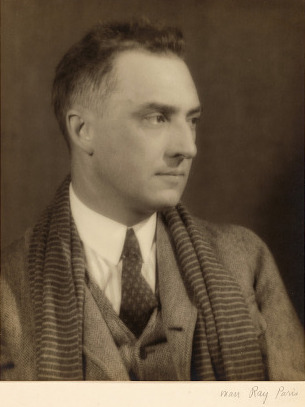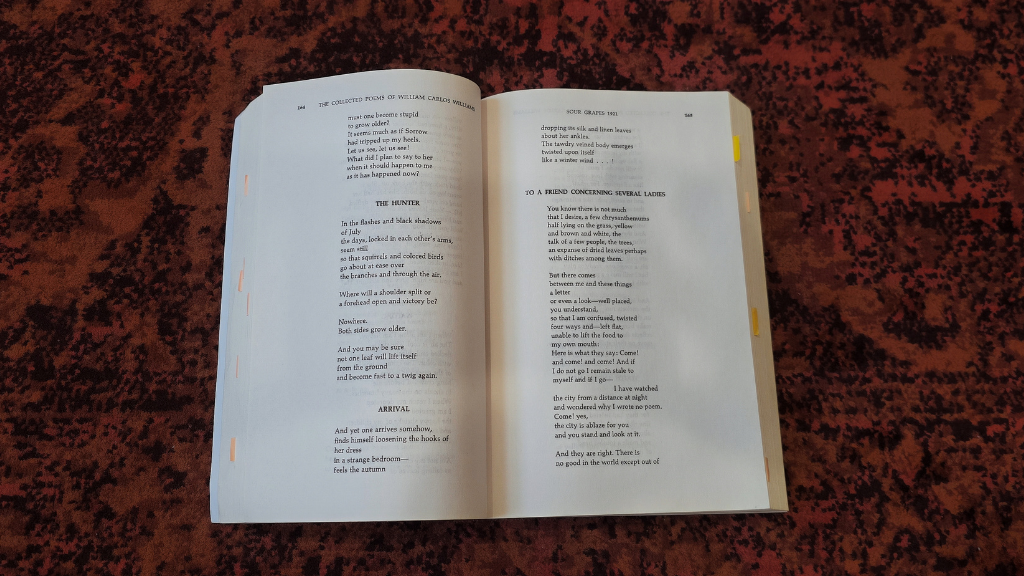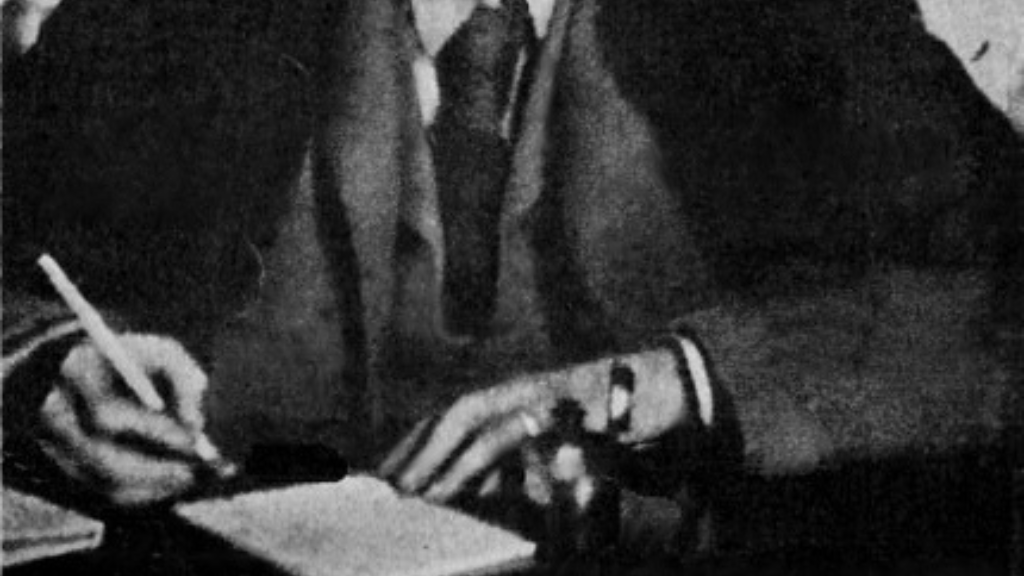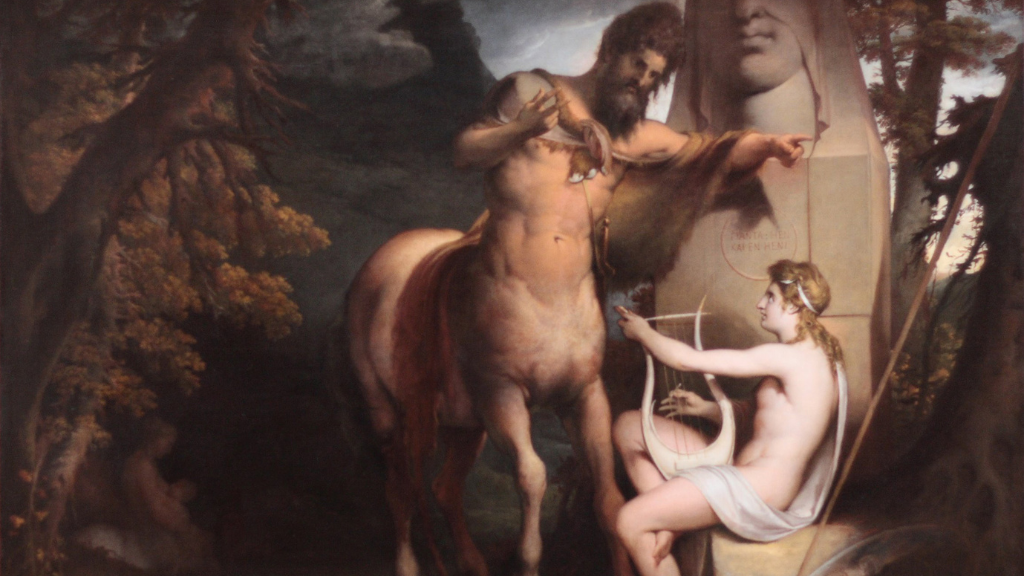William Carlos Williams was a curious literary figure who wrote an immense amount of poetry in the early 20th century. In this post we will explore his life and career, and take a look at a few of his poems. While many writers and poets attempted to make careers from their writing alone, Williams differs in this way. He stands out due to his primary occupation as a medical practitioner and academic, who just happened to have a wonderful talent for writing poetry.
For me, individuals like this stand out amongst the literary crowd. They exist as a sort of anomaly in a world where we are so often urged to stick to one craft or skill. Williams functions as a beacon, signaling that it is possible to engage in multiple skills and interests to the point of mastery within our lifetimes.
About William Carlos Williams
William Carlos Williams was a 20th century physician and poet from Paterson, New Jersey who was born in 1883 and died in 1963. As a poet, he appears as an extraordinary figure in a range of ways; principally due to his permanent occupation as a physician. In his medical career he specialized in general medicine and pediatrics which sets him apart from other poets and writers who attempted to or succeeded at making writing their main occupation. Williams primary career as a physician makes the breadth and quality of his writing seem even more exceptional; he crafted around 20 poetry collections which included hundreds of his poems, and even wrote operas, novels, and short-stories throughout his medical career.
The curious fact that Williams’ maternal grandmothers name was Emily Dickinson, though of no relation to the writer Emily Dickinson herself, seems to enchantingly predestine his career as a poet. His dedication to the art of poetry and the discipline he exhibited throughout his writing career emphasize his enthusiasm and commitment to the artform, solidifying his seat at a great American poet.
Genre and Themes in His Writing
American Modernism best describes the genre that Williams’ poetry exists within. This is due to his focus on American life, his imagery, and the time period in which his poems were written. With this in mind, his themes, then, revolve around ordinary life; he captures the mundanity of American life in the early 20th century with breathtaking yet simplistic language. He invokes modernity by commenting on commonplace elements of the 20th century; elements as complex as the developing urban landscape of New Jersey and as simplistic as concrete or vending machines. Modernity lives in his works through both adoration and reflection. By observing his surroundings, his patients, and himself, his poems provide readers with thoughtful reflections on the beauty of everyday life in early 20th century America.
Poetry
Let us now take a look at a few of his poems that I’ve especially enjoyed reading over the years. The first poem we’ll look at is called “Pastoral” and it reflects on rural beauty and mundanity. This poem will begin to introduce us to the uniquely personal and American nature of his works. The second poem provided, “The Attic Which is Desire”, is a piece that reflects on the feeling of desire and uses imagery that reminds us of the historical context within which Williams wrote. Poem number three, titled “Love Song”, is one of many poems he wrote that share the same title and often concern the same themes: the intensity and fever that accompanies our feelings of love.
Pastoral
The little sparrows
Hop ingenuously
About the pavement
Quarreling
With sharp voices
Over those things
That interest them.
But we who are wiser
Shut ourselves in
On either hand
And no one knows
Whether we think good
Or evil.
Then again,
The old man who goes about
Gathering dog lime
Walks in the gutter
Without looking up
And his tread
Is more majestic than
That of the Episcopal minister
Approaching the pulpit
Of a Sunday.
These things
Astonish me beyond words.
The Attic Which is Desire
the unused tent
of
bare beams
beyond which
directly wait
the night
and day –
Here
from the street
by
* * *
* S *
* O *
* D *
* A *
* * *
ringed with
running lights
the darkened
pane
exactly
down the center
is
transfixed
Love Song
I lie here thinking of you:—
the stain of love
is upon the world!
Yellow, yellow, yellow
it eats into the leaves,
smears with saffron
the horned branches that lean
heavily
against a smooth purple sky!
There is no light
only a honey-thick stain
that drips from leaf to leaf
and limb to limb
spoiling the colors
of the whole world—
you far off there under
the wine-red selvage of the west!
Conclusion
Some of Williams’ other popular works include: Paterson, a widely popular text about Paterson, New Jersey; a collection of essays titled In the American Grain which instrumentalized fictional perspectives from influential American figures to explore identity and American history; and his drama called The First President which was his first opera. William Carlos Williams was an inspiration; a dedicated and talented writer who allows us to appreciate the beauty of ordinary life and the fruits come from dedication to our passions, even if that passion is not our main occupation. Check out more posts about literary figures, books, and art here!



